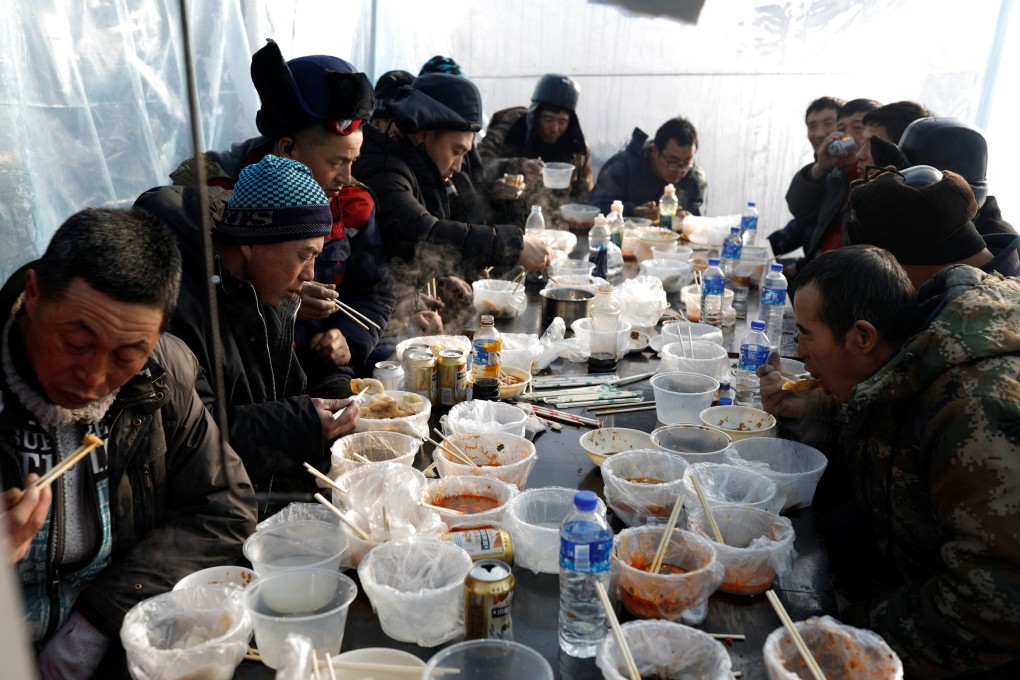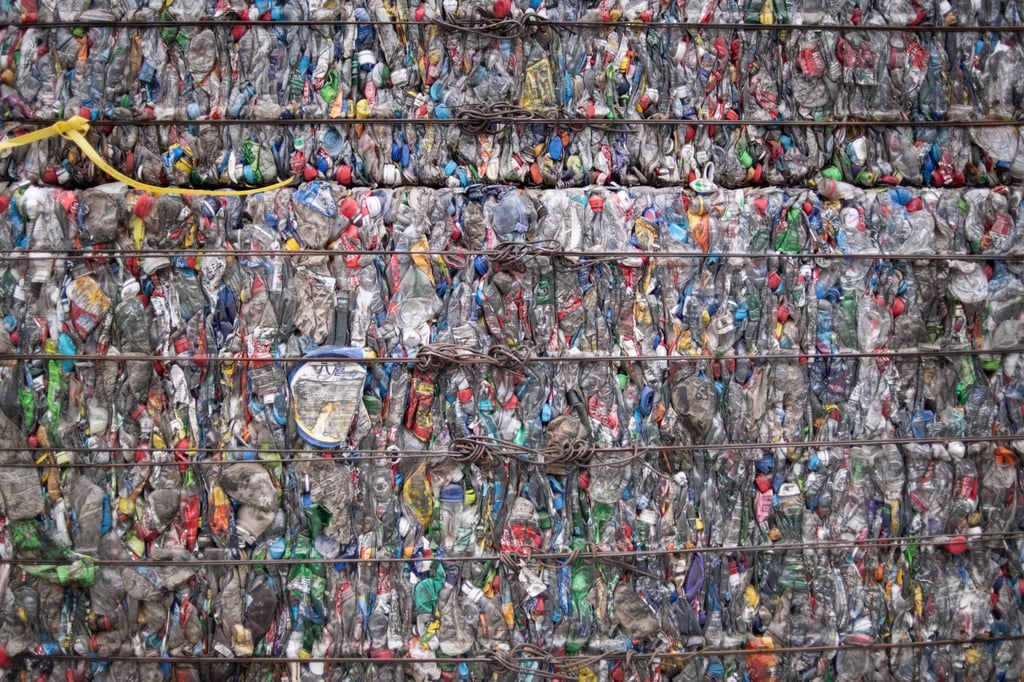Plastics crisis: China must lead in slashing usage, boosting recycling, or world output will double by 2050, report says
- China has an outsize impact as the world’s largest producer and consumer of plastics, says environmental organisation Back to Blue
- On the current trajectory, the world will not reach peak plastic consumption by the end of this century, organisation says.

China, the world’s largest producer and consumer of plastics, needs to take the lead in tackling the global plastic-waste crisis, as consumption of the substance by major countries is on track to nearly double by mid-century, according to environmental organisation Back to Blue.
Annual consumption of plastics across G20 countries is estimated to nearly double to 451 million tonnes by 2050, compared with 261 million tonnes in 2019, said a Back to Blue report released on Monday.
On the current trajectory, the world will not reach peak plastic consumption by the end of this century, the report said.
“So far, commitments by industry, retailers and brands to reduce plastic waste are short on detail and have failed to materialise,” said Charles Goddard, editorial director at Economist Impact, which launched the initiative. “We have to slow the soaring production of single-use plastic. Only a bold suite of legally binding policies will result in plastic consumption peaking by mid-century.”

That includes a ban on problematic single-use plastic products, the implementation of “extended producer responsibility” schemes that ask polluters to bear responsibility for the collection and treatment of their products, and a tax on virgin plastic production, according to the organisation.
“China has huge importance in driving the peak of plastic consumption, just given its sheer size,” said Gillian Parker, editor of the report.